In Honour of Donal McDonnell
One-Day Conference
Saturday 22 April 2023 – 9.45am to 5.30pm
Scoil Naoimh Iósaf, Kiltegan Road, Baltinglass, Co. Wicklow, W91 EF95
In Honour of
Donal McDonnell
One-Day Conference
Saturday 22 April 2023 9.45am to 5.30pm
Scoil Naoimh Iósaf, Kiltegan Road, Baltinglass, Co. Wicklow, W91 EF95
Download your Conference Programme here
Download your Conference Programme here
Download your Conference Programme here
Not a current member but would like to join? Click here
Annual membership: Individual: €20 | Student; €10 | Family; €30
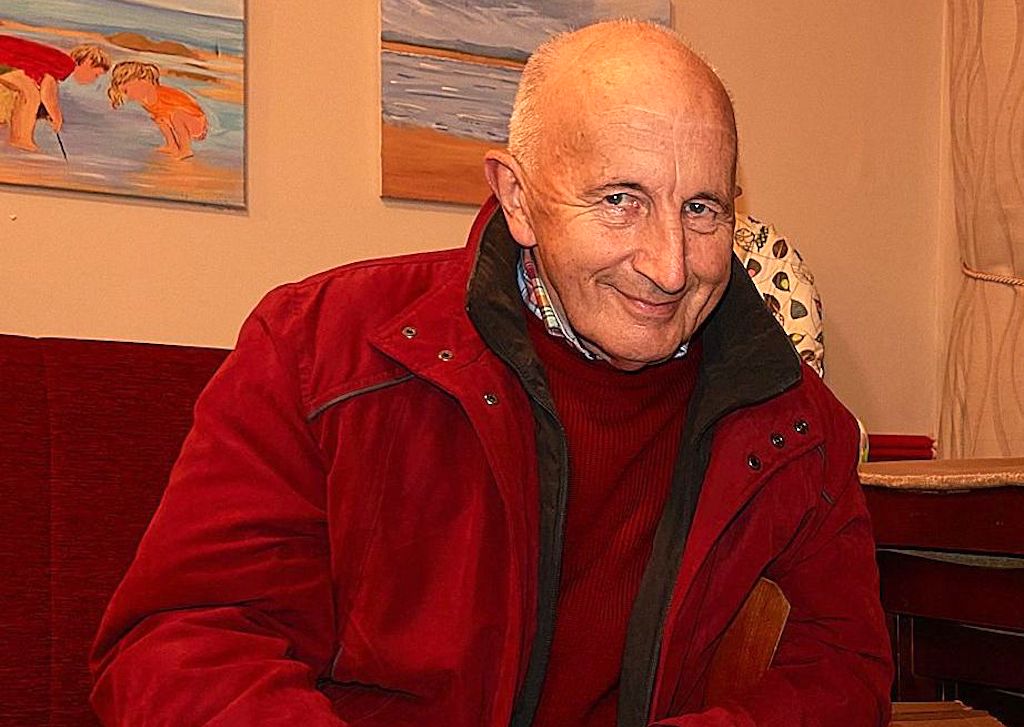
West Wicklow Historical Society – Conference 2023
Our one-day conference honours our friend and local historian Donal McDonnell who died on 12 June 2022. For over forty years he was associated with the WWHS in various roles and came to be synonymous with the society. Donal possessed a rich knowledge of local history that included diverse facts about places, people and traditions. He knew West Wicklow and its environs like the back of his hand.
West Wicklow Historical Society – Conference 2023
Our one-day conference honours our friend and local historian Donal McDonnell who died on 12 June 2022. For over forty years he was associated with the WWHS in various roles and came to be synonymous with the society. Donal possessed a rich knowledge of local history that included diverse facts about places, people and traditions. He knew West Wicklow and its environs like the back of his hand.

Speakers
Programme overview for Saturday 22 April 2023
On the 22 April 2023 we will present five diverse and stimulating lectures provided by speakers who possess an in-depth understanding of their unique topics, which range in time from the Neolithic to the twentieth century. Please see Programme overview below
Speakers |
Programme overview for 22 April 2023
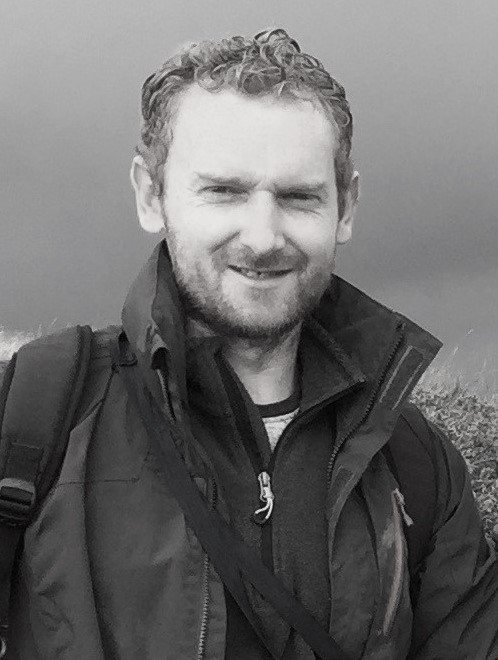
Results of Archaeological Excavations at Rathcoran: A Neolithic Enclosure on Baltinglass Hill
Alan Hawkes is a graduate of University College Cork and holds a PhD in Archaeology. His research has been published in various national and international peer-reviewed journals. In 2018, he published a book entitled The Archaeology of Prehistoric Burnt Mounds in Ireland. Alan is a board member of the Institute of Archaeologists of Ireland and convenor of the Journal of Irish Archaeology. He regularly undertakes part-time teaching in adult education at University College Cork. For the past six years he has worked with Maurice F. Hurley Archaeological Consultants. Alan has been involved in a number of major research projects relating to Hillforts in Ireland and Britain.
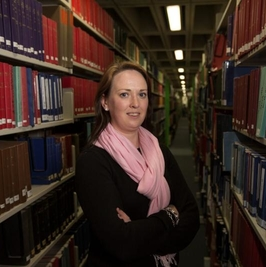
Horse Racing in the Eighteenth-Century: The Baltinglass Connection
Emma Lyons is an independent historian and researcher who hails from West Wicklow and has a family association with our society. Her research interests include Catholic land ownership in the Seventeenth and Eighteenth centuries, Female inheritance and education in Ireland, The Penal Laws, Women in World War 1 and Horse Racing in Ireland. Emma holds a PhD from University College Dublin, where she has lectured in History. She participated in cataloguing the Castle Leslie estate papers and was researcher for the National Library of Ireland’s World War Ireland exhibition. Emma articles have been published in a number of peer-reviewed journals and her book entitled Morristown Lattin, 1630-1800: the estate and its tenants was published in 2020.
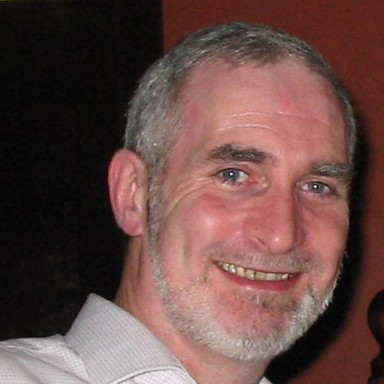
Diarmuid Ó Muimhneacháin and Michael Hargadon: Two Early Twentieth-Century Poets with links to Baltinglass
Richard B. (Bosco) Lennon is a Baltinglass native. He joined Dublin County Council Library Service in 1973, attaining the position of County Librarian with South Dublin County Council on its formation in 1994. Subsequently, he became Institute Librarian at I. T. Carlow (now SETU Carlow), until retirement in 2014. Despite not having lived in Baltinglass for around 50 years, Bosco still retains a strong interest in its local history and in that of the wider West Wicklow area. He has contributed articles to our Journal and is both facilitator and editor of the online blog West Wicklow Bookshelf.
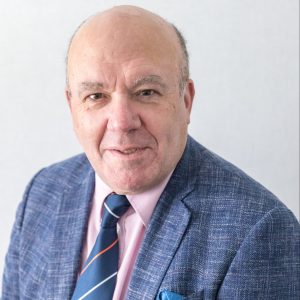
Speaker: Liam Kenny
Steam on the Slaney … Railway History in West Wicklow
Liam Kenny has been researching the story of the “Tullow” line for many decades as part of an overall interest in road, rail and canal transport on the Kildare/Wicklow county boundary terrain. He is a founder member of the Naas Local History Group, a committee member of the County Kildare Federation of Local History Societies and holds an MA in History from Maynooth University. Liam wrote a weekly history column for the Leinster Leader for ten years and continues to be an occasional contributor to both the Leinster Leader and to KFM local radio.
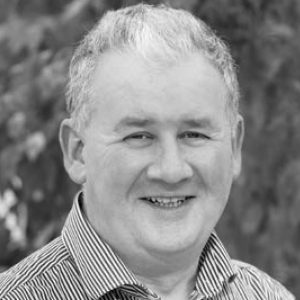
Speaker: Eamon Sinnott
Liam Kenny and Eamon Sinnott have combined their shared interest in the Sallins Tullow Railway Line in many presentations over the last two decades
Eamon Sinnott is a native of Naas and studied at the National College of Art and Design. Since 1981 he has worked as a senior graphic designer and illustrator establishing his own graphic design practice in 1994. His company Eamon Sinnott and Partners create memorable and long-lasting visual design communications for clients in both the public and private sectors. He is passionate about local history and industrial archaeology and has completed many projects in the heritage, tourism and cultural sectors. Eamon has very strong links to West Wicklow with his mother being from Hollywood and his father from Crehelp near Dunlavin.
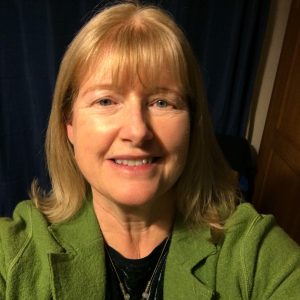
The Baltinglass area in the Medieval Period c. 400AD to 1580
Margaret Murphy grew up in Baltinglass where her parents ran the Post Office for many years. She completed her BA and PhD in Trinity College Dublin in the Department of Medieval History. Margaret worked in the University of London’s Institute of Historical Research for a decade, returning to Ireland to take up a position in The Discovery Programme, Dublin. Margaret is currently Assistant Registrar in Carlow College , St Patrick’s where she lectures on the MA in Irish Regional History. She has published widely on her research areas which include medieval settlement, agriculture and links between towns and countryside.
